Khoury News
Khoury PhD students, postdocs make the jump to professor in 2025
After building and burnishing their research chops at Khoury College, nine PhD graduates and former postdoctoral fellows are beginning their careers as professors this year.
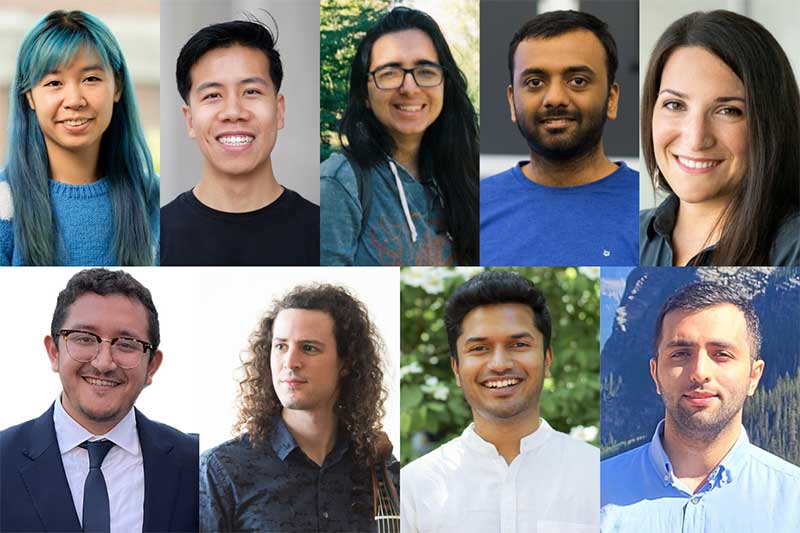
Eysa Lee
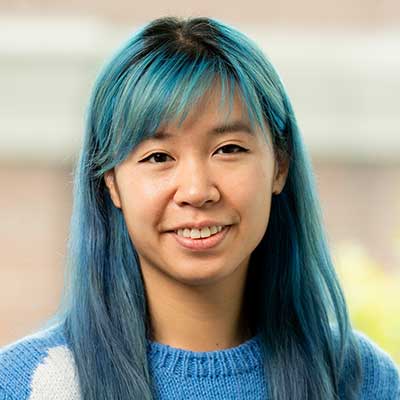
- Khoury affiliation: PhD student
- Khoury advisor: Abhi Shelat
- New position: assistant teaching professor, Barnard College
After completing her PhD at Khoury College in 2023 and a postdoctoral stint at Brown University afterwards, Eysa Lee joins Barnard College excited to help undergraduates discover the joys of research. Her research interests lie in cryptography, namely threshold signatures and multi-party computation.
David Liu
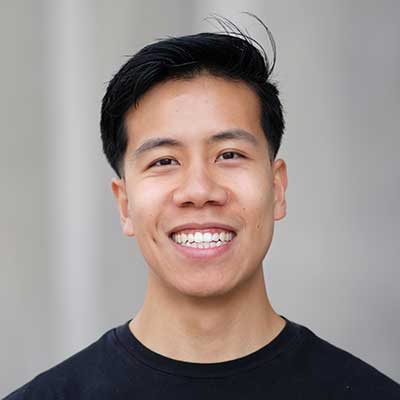
- Khoury affiliation: PhD student
- Khoury advisor: Tina Eliassi-Rad
- New position: assistant research professor, Cornell University
For David Liu, machine learning models are to be examined not in isolation, but in the contexts of complex systems and societal impact. In his work at Khoury College, he found that these models are prone to instability and often fail to capture the nuances of minority populations. During that stretch, Liu also interned twice as a research scientist at Meta and taught Khoury College’s introductory machine learning course for data science undergraduates.
In his new role at Cornell’s Center for Data Science for Enterprise and Society, Liu plans to continue this work, and to ask how machine learning models can better capture the uniqueness of different user populations.
Neha Makhija
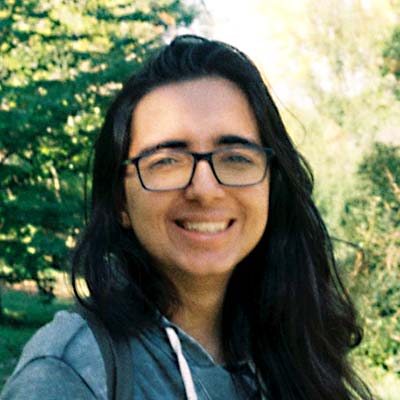
- Khoury affiliation: PhD student
- Khoury advisor: Wolfgang Gatterbauer
- New position: assistant professor, University of Massachusetts Amherst
Neha Makhija explores how to expand the range of questions a database management system can answer efficiently — not just traditional “what” queries, but also deeper questions like “how” and “why.” She also strives to make data systems more intuitive, insightful, and explainable. To achieve this, she bridges the theoretical and practical aspects of data management — building software prototypes while proving performance and guaranteeing correctness.
Makhija is eager to continue this research at UMass Amherst and looks forward to collaborating with and mentoring students as they explore the science behind data management.
Akshar Varma

- Khoury affiliation: PhD student
- Khoury advisor: Ravi Sundaram
- New position: assistant teaching professor, Northeastern University (Khoury College)
Fittingly enough given the myriad algorithms, computing theory, and discrete structures courses he taught during his PhD journey, when it came time to make the jump to professor, Akshar Varma stayed home to teach at Khoury College, beginning with “Algorithms” in February. As a researcher, he used a heterogenous algorithmic toolkit — including approximation algorithms, randomized algorithms, fixed-parameter tractable algorithms, sublinear time and constant time algorithms, and machine learning — to solve problems involving various graph parameters.
Lydia Zakynthinou

- Khoury affiliation: PhD student
- Khoury advisor: Huy Lê Nguyen and Jonathan Ullman
- New position: assistant professor, Johns Hopkins University
Data-driven systems may have immense potential, but their societal benefits hinge on their reliability, and all too often, they are vulnerable to data poisoning, privacy breaches, and overfitting. In her research, Lydia Zakynthinou aims to close these gaps by designing stable, resource-efficient, and trustworthy algorithms. That work has earned her a slew of honors, including a Meta PhD fellowship, a Foundations of Data Science Institute Postdoctoral Fellowship, and Khoury College’s PhD Research Award.
After a postdoctoral fellowship with the Simons Institute for the Theory of Computing at UC Berkeley, Zakynthinou is joining Johns Hopkins University, where she is excited to teach algorithms, high-dimensional statistics, and the theoretical foundations of trustworthy machine learning.
Anthony Sicilia
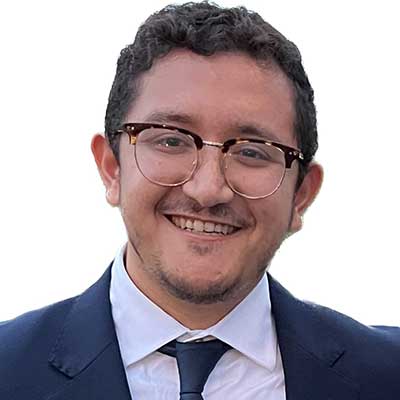
- Khoury affiliation: PhD student
- Khoury advisor: Malihe Alikhani
- New position: assistant professor, West Virginia University
During his doctoral days at Khoury College, Anthony Sicilia focused on how uncertainty manifests in conversation and AI learning processes, all as part of his broader interest in how language gains meaning based on the contexts in which it is used. He intends to go further in his new professor role, emphasizing agency and multi-modality in conversational agents — intelligent systems that reason and interact through language.
As he moves on from Khoury College, Sicilia says he’s grateful, not just for the advisor, other faculty, family, and friends who supported his challenging PhD journey, but also for the intellectual freedom the journey gave him and the chance to positively impact society.
James Perretta
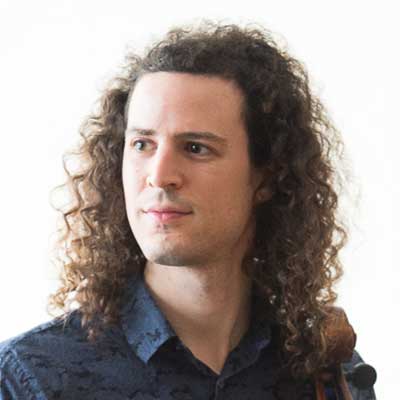
- Khoury affiliation: PhD student
- Khoury advisor: Jonathan Bell and Arjun Guha
- New position: assistant teaching professor, University of Massachusetts Amherst
When James Perretta joined Khoury College’s Programming Research Laboratory, he did so fresh off his master’s degree at the University of Michigan, where he developed an automated grading system that was adopted by more than 5,000 students. He continued that work as a PhD student, lowering the human effort required to develop and deploy programming assignments while also providing students with high-quality, testing-focused feedback.
Vedant Das Swain
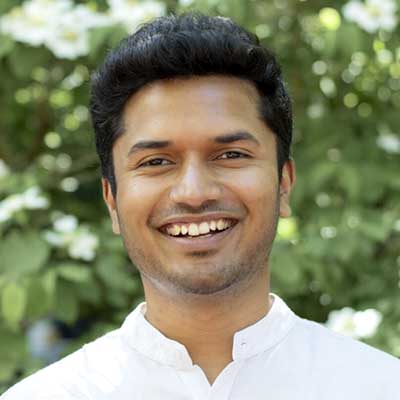
- Khoury affiliation: Distinguished Postdoctoral Fellow
- Khoury advisor: Stephen Intille and Varun Mishra
- New position: assistant professor, New York University
As a strong believer in the synergy between work, mental health, and happiness, Vedant Das Swain wants to rethink the use of the digital technologies that most work relies on. That could mean helping workers reflect on their health, building AI interventions to help them regulate their mood, or configuring teams in ways that maximize social and psychological harmony.
Das Swain is excited to join the relatively new Department of Technology Management and Innovation within NYU’s Tandon School of Engineering, as it combines the health, industrial engineering, and planning expertise that complements his work. He’s also looking forward to advising PhD students in Tandon’s Human-Centered Technology, Innovation & Design program.
Mahdi Haghifam
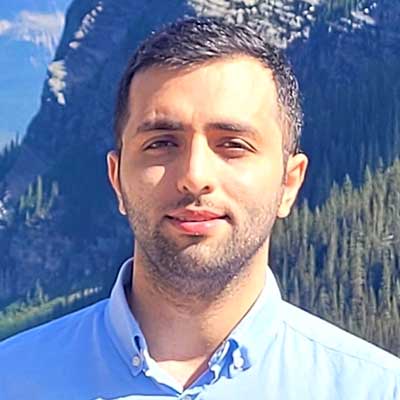
- Khoury affiliation: Distinguished Postdoctoral Fellow
- Khoury advisor: Jonathan Ullman
- New position: research faculty, Toyota Technological Institute at Chicago
Mahdi Haghifam centered his Khoury College research on the methodologies and theoretical foundations of trustworthy machine learning, with an emphasis on privacy and generalization. By developing principled algorithms and mathematical frameworks, he seeks to understand how machines learn from data, including how they generalize beyond their training data, when they memorize sensitive information, and how to preserve privacy while learning from sensitive data.
The Khoury Network: Be in the know
Subscribe now to our monthly newsletter for the latest stories and achievements of our students and faculty